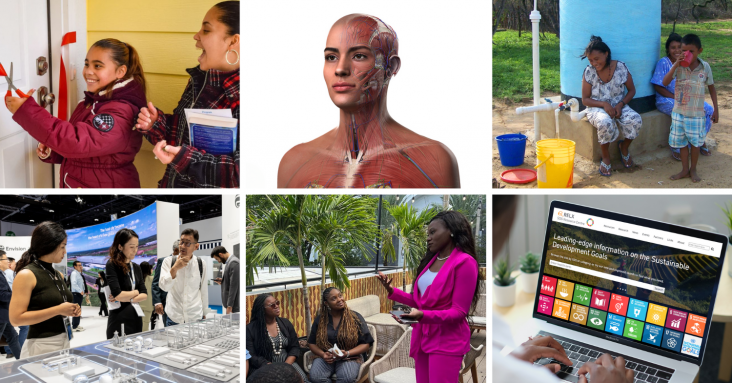This article supports SDG 3 as understanding the role of HCV core proteins in viral diseases is crucial to elucidating disease mechanisms and identifying potential drug targets. However, purification challenges may hinder the comprehensive elucidation of the structure and biochemical properties of HCV core proteins.
In Alzheimer's disease research, cerebrospinal fluid (CSF) biomarkers Amyloid beta (Aβ), Tau, and pTau are well-validated, and this study demonstrates that a Z-score based harmonization approach can effectively standardize CSF and amyloid imaging data across multiple cohorts, providing consistent biomarker cut-offs and comparable GWAS results to traditional methods, without introducing spurious findings.
This article discusses the manifestation of apathy-like behaviors in Alzheimer's disease (AD) and frontotemporal dementia (FTD) mouse models through the assessment of nest-building behavior, highlighting differences in nesting proficiency and anhedonia between tau transgenic mice lines, suggesting apathy-like phenotypes in the context of neurodegenerative diseases.
This study supports SDGs 3, 6, and 14 by highlighting the importance of freshwater biodiversity for human and planetary health, and suggesting that local and regional efforts for monitoring and improving ecosystem health are essential for reversing the current crisis in this area.

Rare Disease Education: Infantile Neuroaxonal Dystrophy
Editor: Kelsey LaFayette, DNP, RN, FNP-C

Rare Disease Education: Long-chain 3-hydroxyacyl-CoA Dehydrogenase Deficiency
Editor: Kelsey LaFayette, DNP, RN, FNP-C

As we pass the halfway point for the SDGs, many of the goals are worryingly off track and progress on 85% of the target indicators has stalled or even reversed. Through our information, products and people, RELX remains committed to advancing the Goals. Here are some of the ways that we continue to support their achievement.
This Article supports SDG 3 sequencing hepatitis C virus genomes in west Africa, showing the level of genotypic diversity and measuring the response to direct-acting antivirals.


